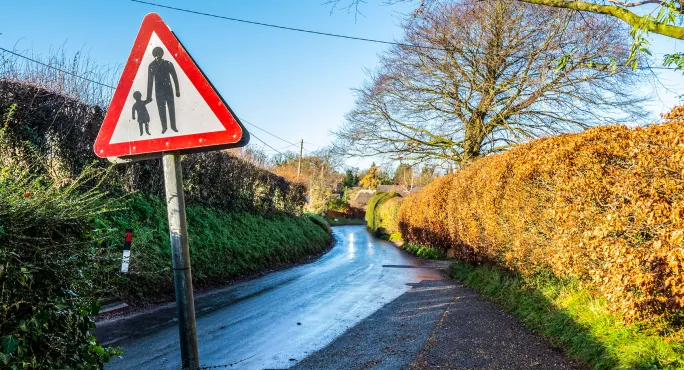We are strong advocates of inspection. Between us we have over 50 years of inspection experience, much through working as HMIs and as secondee headteachers to the inspectorate.
We believe inspection has been an important driver for improved outcomes and a more professional approach to teaching and leadership over the years.
Ofsted inspections: why safeguarding needs to be a priority
But there comes a point in time when it is worth considering whether inspection is really adding value, if it is focusing on the right issues and if we need to inspect quite so often.
Furthermore, with resources for education very tight and with the vast majority of schools being judged to be effective, why is Ofsted not focusing specifically on safeguarding to weed out the wheat from the chaff?
A few weeks ago, a colleague shared the inspection report for a previously “outstanding” school that had been judged as “inadequate” in nearly all areas.
It provided a very sad and slightly disturbing partial picture of the school. We use the word “partial” because the current reporting template provides headlines and little detail.
Inspectors felt the school was not a safe place for a significant number of pupils, but, surprisingly, the quality of education was judged to be “good”.
It is clear to those of us who regularly read Ofsted reports that concerns about safeguarding are an increasing factor in downgrading overall effectiveness.
Deploying safeguarding specialists
A good example is a recent high-profile inspection of a school that judged safeguarding to be “inadequate”, which led to Ofsted publishing a tweet that tried to make clear the reasons for the judgement.
An unusual response that highlights the deficiencies in the current reporting template.
Given this, it is time to deploy an inspector of safeguarding on a fairly regular basis to each school with the task of determining whether current arrangements appear safe and the school culture is positive.
The review could be undertaken by trained experts, as suggested by the Headteachers’ Roundtable, and would be viewed as a possible precursor to a full inspection undertaken by HMI, should serious problems be detected.
Furthermore, with much-reduced inspection activity for the majority of schools, it is time to reintroduce a requirement for all schools to complete a pithy self-evaluation statement that includes the views of parents and pupils and the findings of any peer reviews undertaken within the past year.
These would be published on school websites for the community to view.
Time for renewal
We do not believe Ofsted should be disbanded but we do feel it needs to focus more sharply on the most important aspects and provide a vehicle for schools to share their own evaluations of their effectiveness.
Until we adopt this shift in focus, we will continue to see a lot of resources being spent on schools that have a very high chance of being at least “good” and too little being spent on those that are not a safe place for all children to be educated.
Adrian Lyons, former HMI; Frank Norris, former HMI; David Brown, former HMI; Julie Price-Grimshaw, former HMI; Mark Williams, former HMI; and Stan Johnson, former additional inspector





